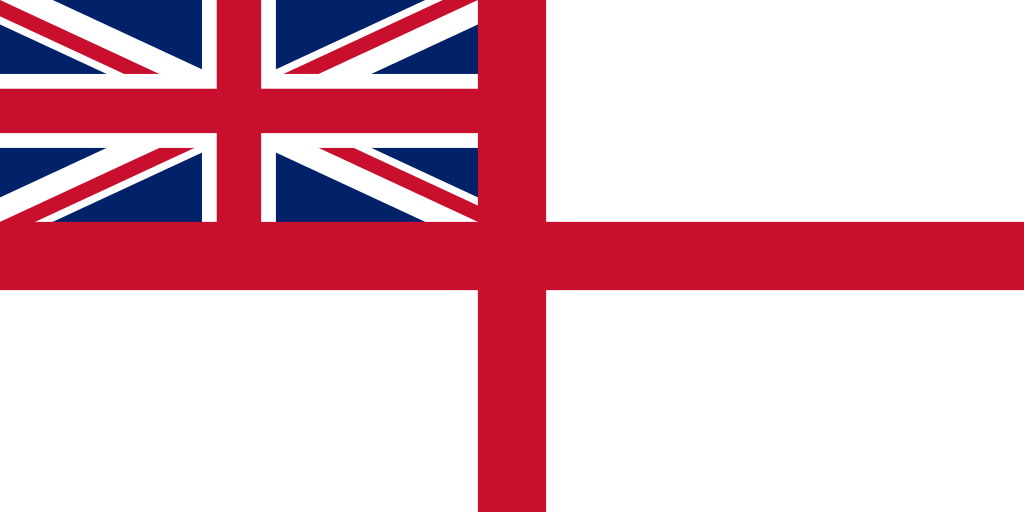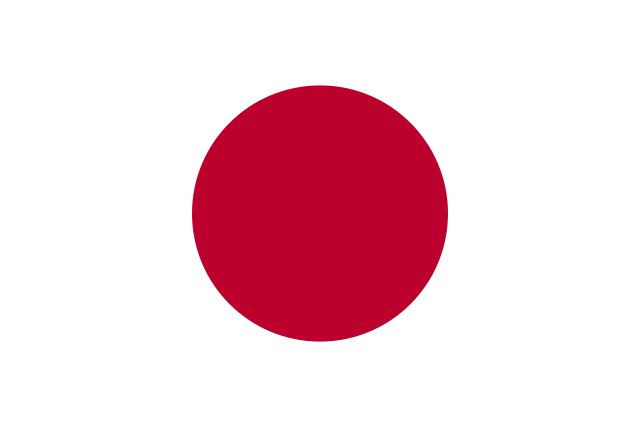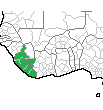Robert Can't
Éponine
Imperium Offtopicum XIX
The Year is 2043. Supervised by the United Nations several world nations are on the rise. Will you stand at the head of one of these nations as it charts is course through the rapids of diplomacy and down the great river to glory?
For those of you that are new "Imperium Offtopicum (IOT) is a geopolitical simulation and role-playing game spun out of the Altered Maps thread in Off-Topic. Players assume the role of leader of a nation of their own creation, and interact with each other on such issues as law, economy, science and technology, humanitarianism, and national defence." Thorvald of Lym, May 2010The Year is 2043. Supervised by the United Nations several world nations are on the rise. Will you stand at the head of one of these nations as it charts is course through the rapids of diplomacy and down the great river to glory?
Spoiler :
If you ever wanted to hear someone reading out the introduction... Well now you can! (link)
Sign Ups
To join as a nation in this game simply claim 8 provinces of this map.
It would also be nice if you could outline the basics of your nation, how its politics and government works and what its like to live there. No history or backstory is necessary at all. Our only hard rule is that we are not allowing sign ups involving real life politicians i.e. No Assad, no Trump, no Abbott, and no Hitler.
Expansion
Each turn you can expand to 4 provinces on the map. 1 use of the fill tool is equivalent to 1 claim.
The United Nations

Thorvald is the UNGM and as such will manage all aspects of the running of the united nations.
The UN will form a key part of the game and will not only inform those stats that are kept but also will act as a secondary source other than the stats to inform players.
The exact way that the UN is going to be run is going to be determined by Thorvald during the sign up period so he can build a UN charter that is based on the world the players have created.
The UN will work a little differently than you're used to. Thorvald will serve as in-game Secretary-General to organize and moderate debates. Resolution proposals will occur in two stages: in the 'debate stage', any member state can propose a topic, or even a full draft, and the other members will discuss it as usual during the turn to work out compromises and/or reword the text to create the 'best' version of a resolution. In the 'voting stage', the Secretary-General introduces the final draft for an official vote, and this will take only 1–2 days. Every turn a list of motions under debate will be posted, as well as intended voting days for completed resolutions so that no-one is caught unawares.
Besides voting on resolutions, players have the opportunity to work with several pre-established agencies on issues ranging from economic development to climatology and world health. These organisations also publish periodical reports on global trends and outstanding countries to further inform players how their nations measure up, and forewarn areas of impending crisis. You can, of course, choose to shun the UN completely, but at the risk of squandering valuable international expertise. You'll have to determine for yourself if the trade-off is worth it.
The exact design of the UN at the start of the game will draw inspiration from signups, so consider your country's international outlook in your backstory.
Combat
Submitting battle plans to the GM is allowed however not necessary or necessarily encouraged. Battles outcomes will be decided using elements of randomness but as always the GM's discretion overrules the RNG.
War must be declared publicly.
Shame Points
Shame points can be assigned by myself of Throvald for missing orders or breaking the etiquette rules. 5 points is a Warning, 10 points is Exclusion.
Etiquette
Firstly please note the global rules for all IOTs as well as the CFC site rules.
We will not tolerate meta-gaming or rage-quitting or other such tactics.
At the end of the day the GMs are the final word in disputes over the world. Thorvald gets last word on how UN law is interpreted and I get the last word on things such as NPC diplomacy and pointing out that your idea for 40 aircraft carriers is stupid. Hopefully we'll never have to get down to something like this but if there is a dispute that isn't getting solved we will step in.
For each update there will be a hardlock and a softlock. Solftlock is when I being collating things for the update and after this point no declarations of war or other major announcements are allowed. If you send in orders after the softlock there is no guarantee they will be processed.
The Hardlock is when I being writing the update text at which point no posting is allowed (other than by myself or Thorvald) and orders arriving after this lock will be ignored. There is no countdown after the softlock to when the hardlock arrives.
Update Titles
Summer is June-August
Autumn is September-November
Winter is December-February the year is the year in which the winter starts
Spring is March-May
Final note: I have in this post included how this game is going to be run. Yes we will have extensive UN aspects and no there will not be "hard" stats. If this isn't your kind of game don't feel that you need to join. By signing up here you know what you're getting into.
Update List
Spring 2046















 , 英語(サン アンドレアス
, 英語(サン アンドレアス








